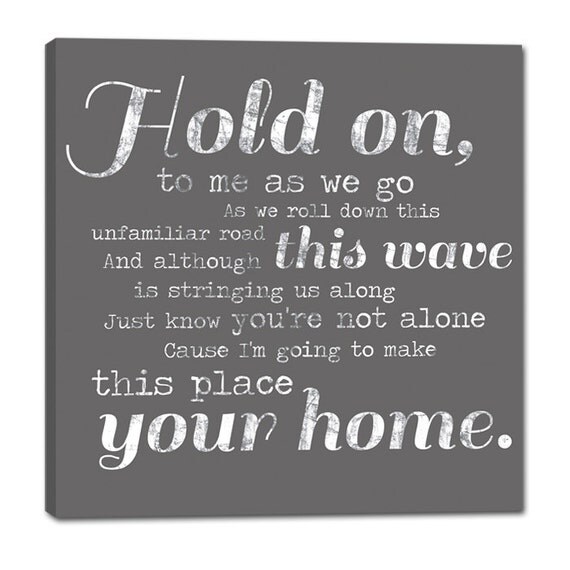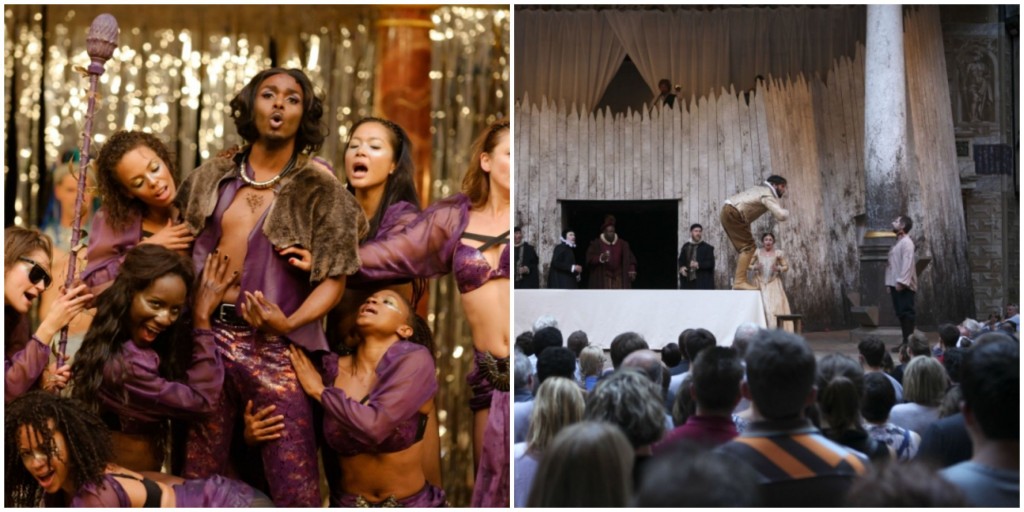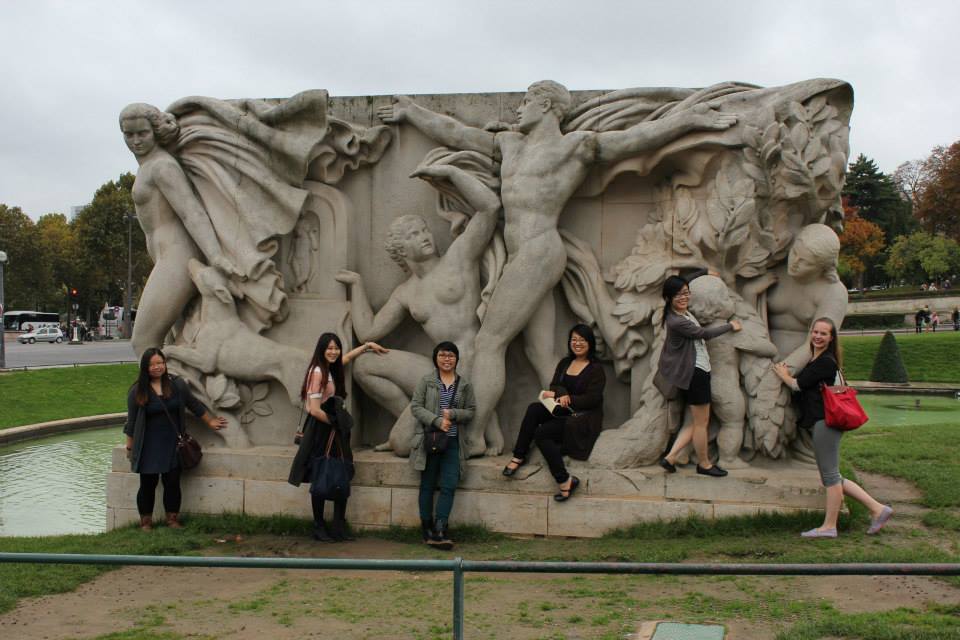Introduction:
Write a short story (600 – 1000 words max) that describes your sense of home and the values and stories that you use to connect yourself to your home.
Trying to write about home is like a fish trying to write about water. If you ask, “Fish, how do you feel about water,” Fish might look at you with those big glazed-over eyes.
“I feel….like it’s there?” Fish might say. If you ask Fish to write a book about water, Fish might write you an epic autobiography full of meaning, but the reality is that Fish really wouldn’t know how to feel.
Until, of course, Fish gets washed up on the beach. For most of us, that panicked floundering against the sand is going to be a battle. Unlike Fish, the dry heat isn’t going to kill most of us, but it’s not going to be pretty.
Chapter 1: Home is a Place on Earth
I grew up in a house in Vancouver. Well, I guess it’s a bit more complicated than that. For me, home looks like this:
For each of these three places, home looks a little different.
If I could pick only one place, it would be Vancouver. Vancouver is my most obvious definition of home. I went to school here, made friends, had a lot of laughs, and had a lot of cries. This is the place that I miss when I’m away and get bored in when I’m here. Ultimately, this is the place I will come back to visit the most when I move away.
Macau and I have a rather…indecisive relationship. Part of the reason is that Macau has changed a lot in the past 7-8 years or so. It’s gone from unknown Portuguese colony to the Las Vegas of the East. My memories of the place no longer feature in the physical geography of the town. Every time I go back, it gets a little less magical. I used to go to a restaurant every day after school and they’d know my order. I’d walk around in the market area with my grandma and people would recognize us and talk to us. My grandpa was a pediatrician, so he knew almost everybody in town. I felt kind of famous.
Last June, I went back to Macau. People flooded the streets. Since the influx of mainland Chinese people, there seems to be a heavy sense of racism dividing the town. No one trusts anyone anymore. Those old-timey sentiments just don’t exist anymore.
My grandpa’s old clinic is now one of many identical clothing boutiques. Next door, there is a stationary store I used to visit a lot. My grandma would buy me little stamp sets from there. I can’t even begin to express how excited I was to find the old place still standing! It’s been like 15 years, and I didn’t recognize it until I got inside but it was just a moment of “Wow…I’m 5 again.”
Sometimes, when you least expect it, home comes back to you. Even if you didn’t know it was gone.
As for Hong Kong, its significance exists outside of geography. The only thing that ties me to that place is my parents’ story.
Chapter 2: Home is whenever I’m with you
Family, friends, and lovers are often pooled together to form a sweet, but rather cliched, concept of home. Especially away from home. Physical homes change. We might move, renovate, hotel-hop, etc. When we associate home with people, there are two different definitions:
A) Home is with the people we are most comfortable with – They are loved ones we can be ourselves around, the people we miss the most when we’re away, etc. They may not necessarily be the people we like to be around 24/7, but they might be the people I run to in times of need. Personally, this is my family, as well as certain friend groups. Since we always associate home with a warm, cuddly feeling and all the ideals of perfect happiness, we often forget that home is not always our friend. Every home is full of problems, even when it gets attached to people other than family, but there is a special bond that makes it easy to be yourself around them.
B) Home is what makes you you – These are the stories built around us: memories and moments that make us who we are. Our history, whether we are directly involved, is a huge part of our identity. For me at least, home is directly involved in our history. Like the stationary store, these are comforting stories we go back to. Home is also a reminder to appreciate and find peace and comfort in where we are and what we have. For me, Hong Kong is a reminder of my family’s struggles to stay together, and of the possibility that I would have a life entirely different. Very likely worse.

Phillip Phillips’ “Home” begins the song with this first line. The impermanence and movement of home is perfectly captured. That’s just exactly it: Home is not just the people you’re with, it’s also your history and state of mind. All these factors directly influence each other to form one grand image of home.
In my two definitions of home, I use the word comfort. In day to day life, it may not feel this way, but I see home as a place of refuge, whether in the people I love, the place I live, or the place I retreat to in my daydreams. Home is the place i feel safest in.
Conclusion:
For so many people, home is in direct correlation with a physical place. Usually, it’s the place where we grew up, filling our lives with loved ones and memories. These two chapters are by no means mutually exclusive.
For some people, home may not be related at all to the culture they grew up in, or the place they’re ‘from’. It’s such an individual experience. Sometimes I could even be really confusing. If you have an extra 10-15 minutes, I strongly urge to you to read Alice Walker’s “Everyday Use.” The truth is, sometimes home, history, and identity all conflict, and Walker’s story does really well in showing that, but I like to think that even if you’re a world traveler, there will always be a place to go back to, whether you take a plane or a trip down memory lane.
Works Cited:
Walker, Alice. “Everyday Use.” 1973. Web. 31 Jan. 2015.
“Edward Sharpe & The Magnetic Zeros – Home [2009].” YouTube. YouTube. Web. 31 Jan. 2015. .
“Phillip Phillips – Home- Lyrics Wall Decor Sign.” Etsy. Web. 31 Jan. 2015.
“Phillip Phillips – Home.” YouTube. YouTube. Web. 31 Jan. 2015.



